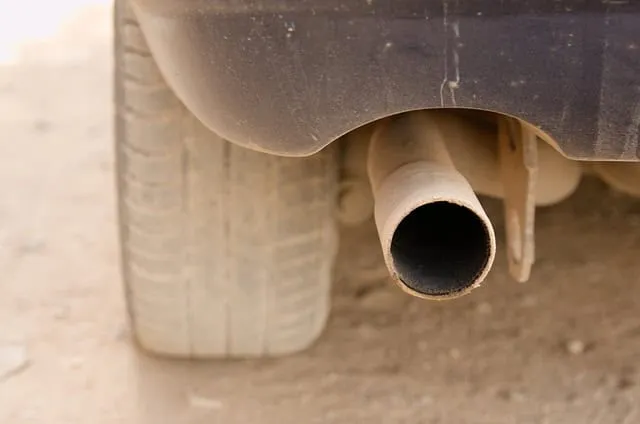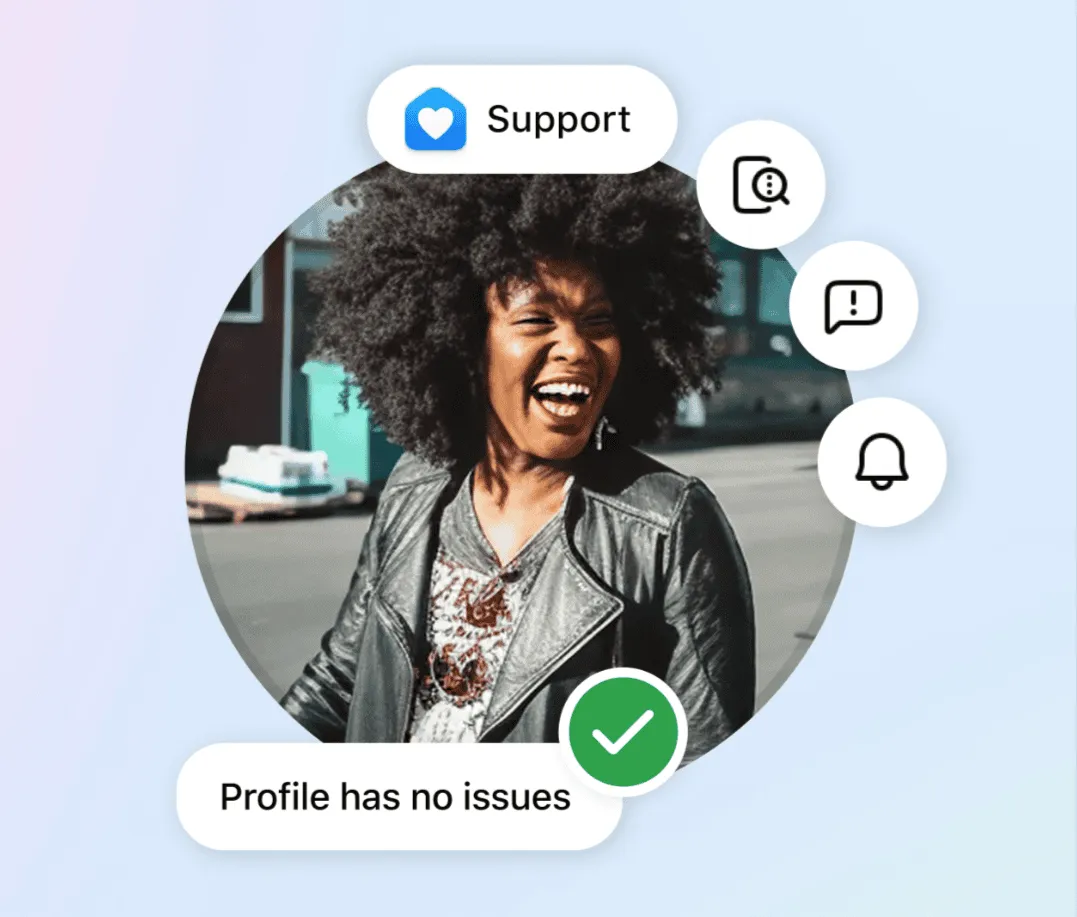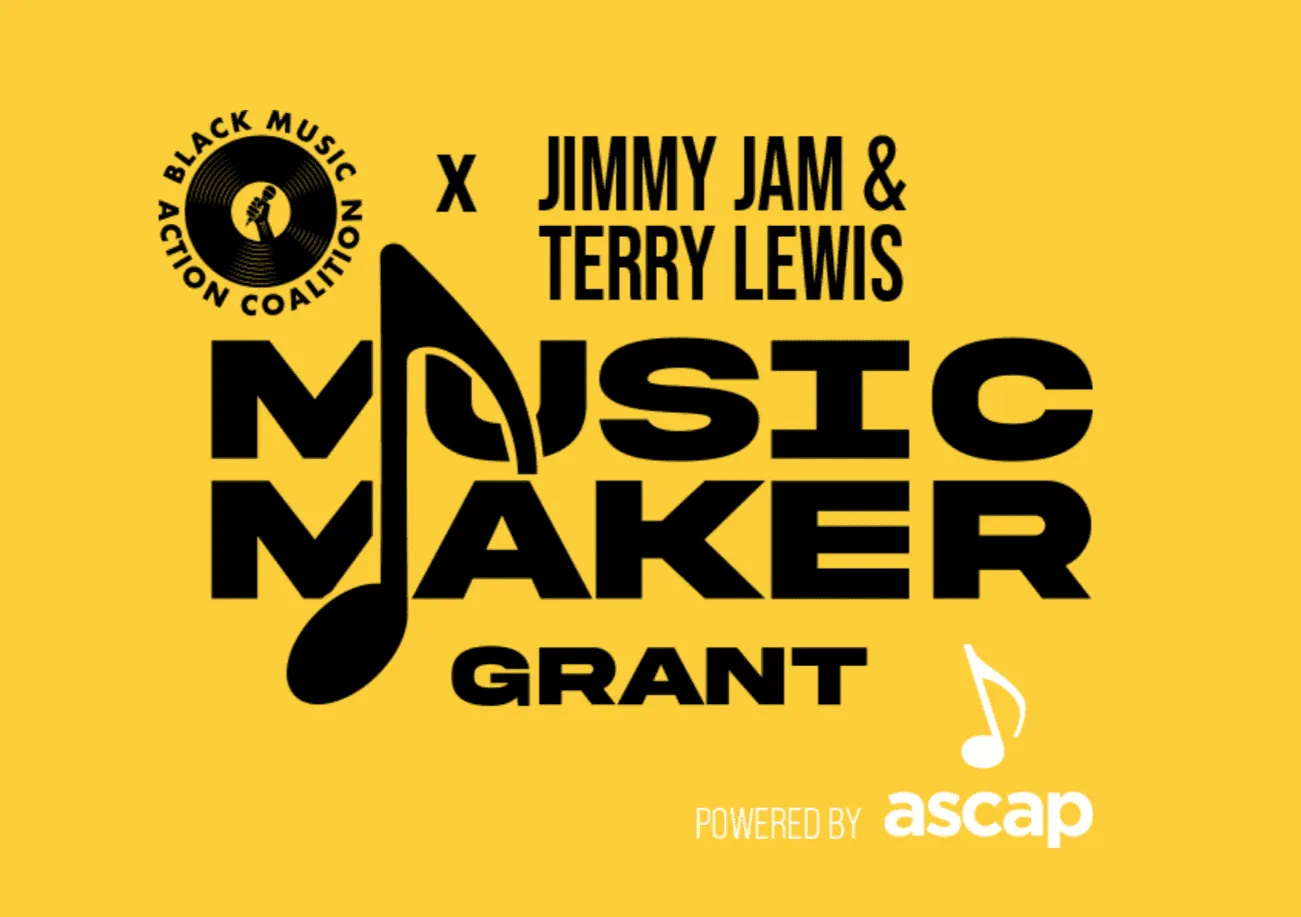The secret recordings.
Disagreements between artist and labels have been happening since the invention of the recorded disc. Way back in 1956, Buddy Holly recorded several songs in Nashville including "That'll Be The Day". But but producer Owen Bradley reportedly hated rock n' roll, and the results were less than exciting.
Later Holly re-recorded "That'll Be The Day" at a different studio with his own arrangement. But…
according to his contract with Decca, he couldn't release it, because they owned all rights to his music and wanted to recoup their investment somehow.
Buddy called Decca to plead with them, and secretly taped his conversation. They refused
to give him the rights and eventually he circumvented the process by releasing the song under another name (The Crickets) on a subsidiary of Decca. But along the way Holly went through the hell that too many artists have gone through who participated in the old label system.




